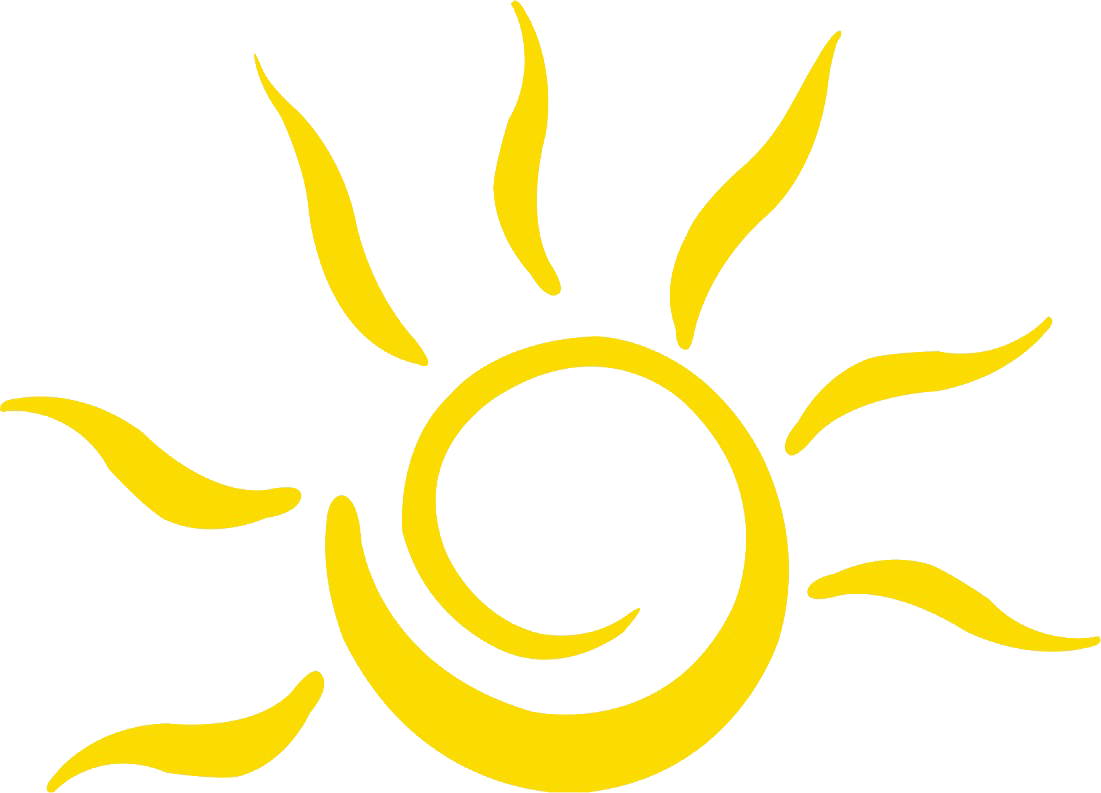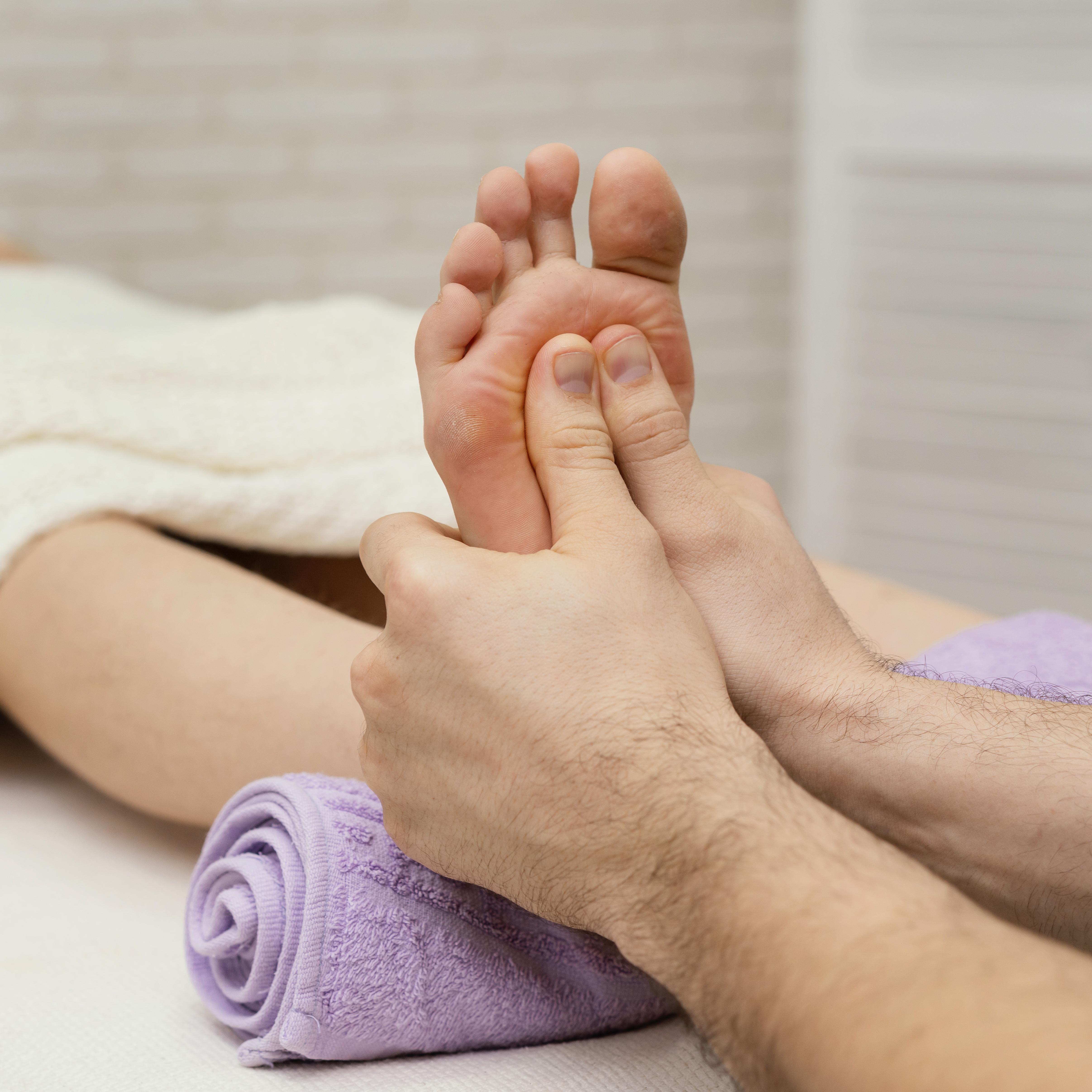


In the realm of Traditional Chinese Medicine (TCM), foot reflexology unfolds as a deeply rooted therapeutic practice steeped in ancient wisdom and holistic philosophy. A concept that sees the feet not only as appendages but also as microcosms of the entire being. It is understood that the feet house a complex network of reflex points, each intricately linked to specific organs, glands, and bodily systems. These points are thought to be interconnected through channels or meridians, pathways through which vital life force energy, known as qi, flows.
Imagine stepping into the serene realm of a TCM reflexology session. Here, a skilled practitioner gently applies pressure to precise reflex points on your feet, guided by the ancient maps of meridians and their corresponding organs. Each touch is deliberate, aimed at harmonizing the flow of qi and restoring balance within the body.
As the session progresses, you might feel sensations—subtle shifts in energy, a deep sense of relaxation spreading from your feet upward. In TCM, this process isn't just about relieving physical tension; it's about nurturing the body's natural healing abilities. By stimulating these reflex points, the practitioner seeks to alleviate blockages, promote circulation, and support the body in its quest for equilibrium.
Reflexology isn't just a standalone treatment; it's part of a comprehensive approach to wellness. Often complemented by acupuncture, herbal medicine, and dietary recommendations, it embodies the holistic essence of naturopathy medicine fostering a state of harmony that extends beyond the session itself.
Reflexology is based on several key principles:
The body is divided into reflex zones that map out the entire body, with corresponding reflex areas on the feet, hands, and ears.
In Eastern traditions like TCM, reflexology is believed to enhance the flow of qi (life force energy) through meridians or channels, restoring balance and promoting health.
Reflexology treats the whole person, aiming to address physical, emotional, and energetic aspects of health simultaneously.
During a reflexology session, a practitioner applies pressure to specific points on the client’s feet, hands, or ears using thumb, finger, and hand techniques and some equipment. The pressure applied can vary from gentle to firm, depending on the client’s sensitivity and therapeutic goals.
The session typically begins with an assessment, where the therapist may palpate the feet to identify areas of tenderness or congestion. They then apply pressure to these areas using a combination of techniques, such as kneading, rubbing, wringing, percussion, and strokes, with various methods practised in our clinic.
Reflexology is believed to offer a range of benefits, including:
| AUTHORS | FINDINGS |
| (1) | Reflexology reduced pain and anxiety in women undergoing breast biopsy compared to control |
| (2) | Significantly reduced stress and fatigue levels in female college students |
| (3) | Reflexology showed promise in managing chronic pain in conditions such as fibromyalgia improving quality of life |
| (4) | Reflexology led to physiological improvement including reduced heart rate, blood pressure and pain perception |
| (5) | Reflexology was associated with reduced symptoms (pain, nausea, anxiety) and improved quality of life in cancer patients |
| (6) | Reflexology sessions reduced the capillary blood glucose levels, increases the tissue temperature in the feet increasing the blood circulation |
| (7) | Significantly improved bowel frequency, stool consistency in children with functional constipation and reduced abdominal pain |
While reflexology is generally considered safe for most people, it may not be suitable for those with certain medical conditions,
It is important to consult with a qualified naturopathic doctor or any licensed acupuncturist or healthcare provider before beginning reflexology treatment, especially if you have underlying health concerns.
A tailored reflexology experience to meet your unique needs. Let's take this next step toward a healthier, happier you—because your well-being deserves nothing less than the best care reflexology can offer.
Dr Gurudatta H K, BNYS, FCRSW, Founder, Anandamaya Wellness Center
Dr Swethini Malaravan, (BNYS), Intern, S-VYASA University